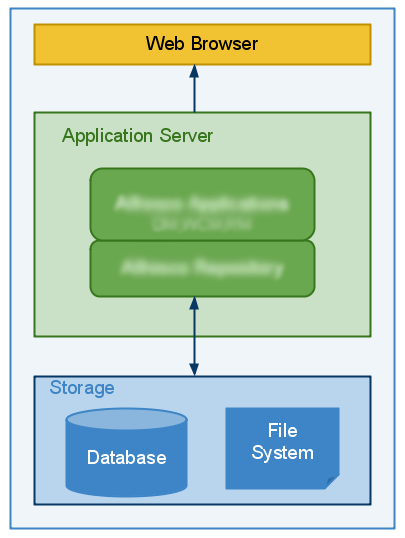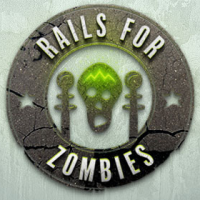The team at Ruby Rogues is putting together a show, Ruby Nuby Project, based on learning Ruby. They’ve requested Ruby noobs, like myself, to submit a video describing their experience. You can see my video and written response below. Here are the specifics of the request:
Have your Nuby record a 5 minute video talking about their experience learning Ruby. They should answer these questions:
- Who are you?
- What do you use Ruby for?
- How have you gone about learning the language? What resources did you use? E.g. books, videos, blog posts, online courses, one-on-one tutoring, etc.
- What has been the most difficult, surprising and/or delightful aspect of learning Ruby?
- What do you appreciate most about the Ruby community?
Here is why I’m learning to program Ruby.
Who are you?
I’m an entrepreneur, digital marketer, and founder of the digital marketing agency Face The Buzz. I’m on a mission to learn to code. I’m dedicating myself full-time for 18 weeks to transform myself from a non-technical person into a beginning programmer. I’m 7 weeks into journey so far and having a blast.
What do you use Ruby for?
I don’t have an engineering or computer science background. I’m learning Ruby so I can use it to develop web apps. My background is in working with technology startups, but never as part of the technical team. My role has always been in marketing. I’ve been extremely fortunate to work with many great entrepreneurs. I want to be part of the early stage development and building of a product.
How have you gone about learning the language? What resources did you use? E.g. books, videos, blog posts, online courses, one-on-one tutoring, etc.
I learn by doing. Therefore, I’ve focused on online tutorials. I’ve used a few online courses, including Code School’s Rails for Zombies, Treehouse, Codecademy for HTML, CSS, and JavaScript. I’m also using a project based approach to learn to program and I’ve begun to work on a web app project of my own. This important step and I hope will help me transition between simple repetition into more critical thinking about programming.
What has been the most difficult, surprising and/or delightful aspect of learning Ruby?
Ruby and Rails have an amazing amount of functionality built into the language/framework. This feature is powerful, but can also be difficult and confusing for trying to understand exactly what’s going on inside an app.
What do you appreciate most about the Ruby community?
I appreciate how receptive and helpful the Ruby community is. Whether it’s sending out a tweet, using online communities, or a meetup, developers have been very friendly and happy to help – you just have to ask.





